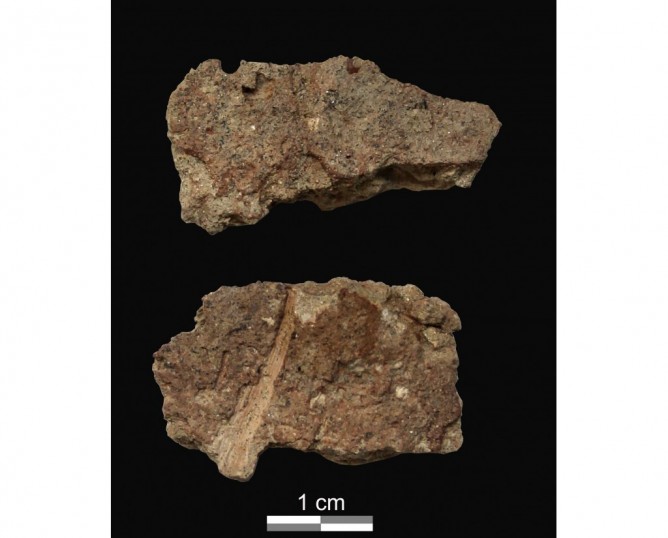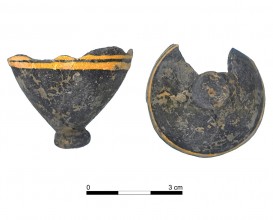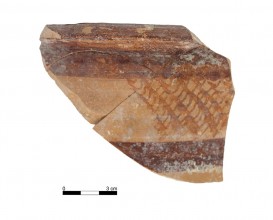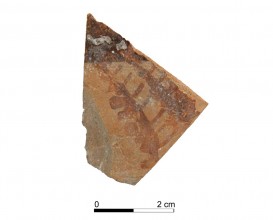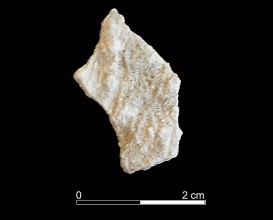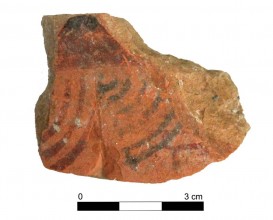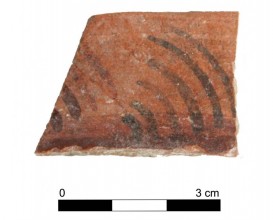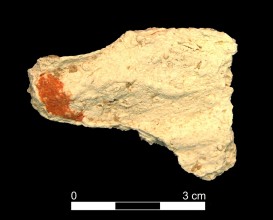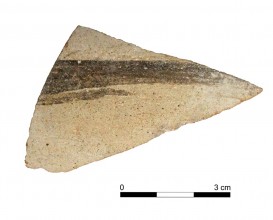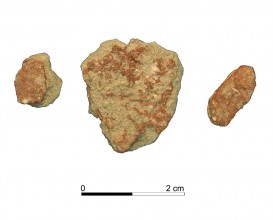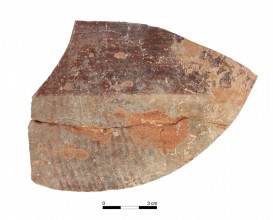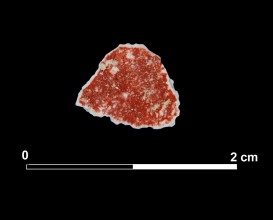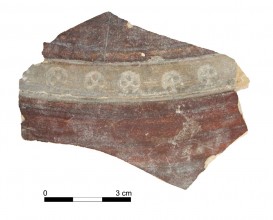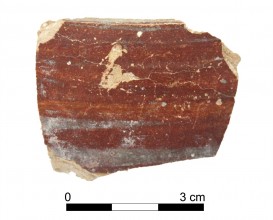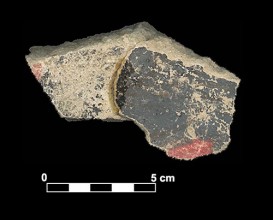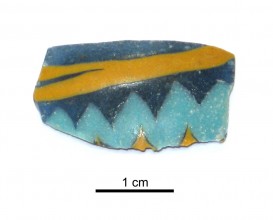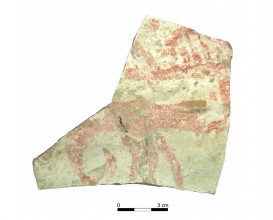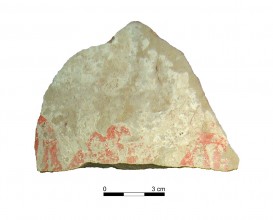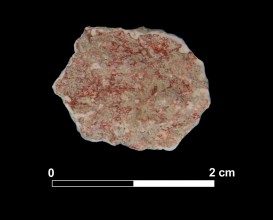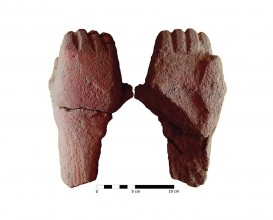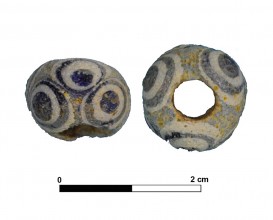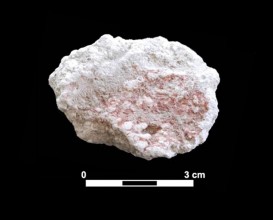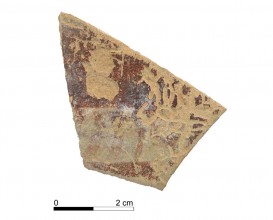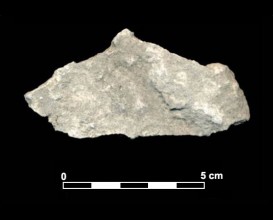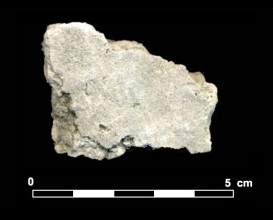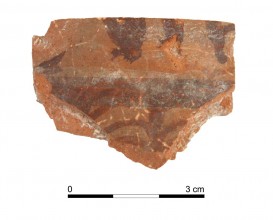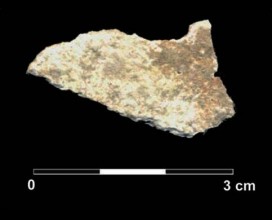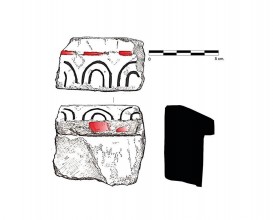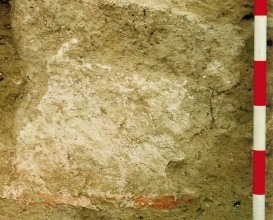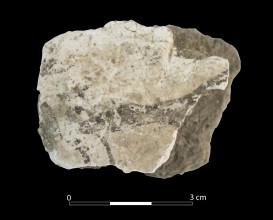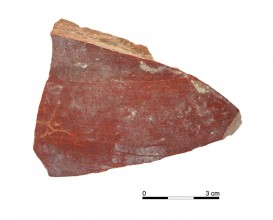Covering 11008. Cemetery of Tutugi.
Dimensions
: 3 Centimeters
: 2 Centimeters
Materials
covering
Temporal
: Iberian, Iberians
: Late 5th ct. BC
Spatial
: Cemetery of Tutugi
: Galera, Granada, Spain
: WGS84
Copyrights
Creative Commons - Attribution, Non-Commercial, No Derivatives (BY-NC-ND)
References
Rodríguez Ariza, Mª O. (2014): La necrópolis ibérica de Tútugi (2000-2012). CAAItextos. Universidad de Jaén, Jaén
Digital Resources
-

Creative Commons - Attribution, Non-Commercial, No Derivatives (BY-NC-ND)
Arquiberlab
http://creativecommons.org/licenses/by-nc-nd/3.0/ -
Creative Commons - Attribution, Non-Commercial, No Derivatives (BY-NC-ND)
Arquiberlab
http://creativecommons.org/licenses/by-nc-nd/3.0/ -

Creative Commons - Attribution, Non-Commercial, No Derivatives (BY-NC-ND)
Arquiberlab
http://creativecommons.org/licenses/by-nc-nd/3.0/
Activities
Archaeometric analysis Physical-chemical analysis Covering. Analysis of decoration.
| |
X-Ray Fluorescence Elemental analysis of red decoration Non destructive. Surface cleaning. Sample pretreatment is not required. Direct measurement. Energy dispersive X-ray fluorescence (EDXRF) EDAX (model Eagle III) fluorescence spectrometer (CITI, University of Seville). This spectrometer is equipped with a microfocus X-ray tube with an Rh anode, a polycapillary lens for X-ray focussing, and an 80 mm2 energy dispersive Si-(Li) detector. The sample chamber incorporates an XYZ motorized stage for sample positioning. A high resolution microscope is used to position the sample on the desired distance from the polycapillary. To increase the sensitivity of the low Z elements, the sample chamber can be brought under vacuum. For the analysis of the samples, a spot size of 300 µm was chosen at an operating X-ray tube voltage of 40 kV. The tube current was adapted for each sample in order to optimise the detection of X-rays |

